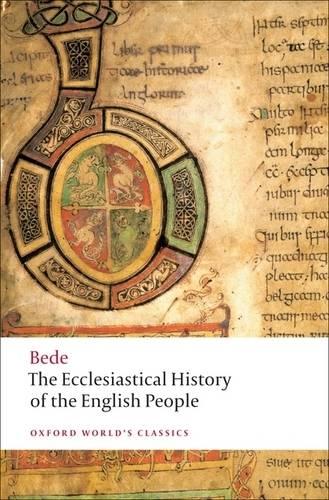
The power of miracles and relics to prove the faith. It often appeared to me more pursuing a hegemony of the Roman bishop.Ģ. Some see this positively as a zeal for church unity. Bede was obsessed with the proper celebration of Easter, by the Roman calendar.


Bringing the church in the British Isles under Roman customs. Several themes are prominent, the last two being positive while the rest are more critiques.ġ. Bede's monastery had access to a superb library which included works by Eusebius and Orosius among many others.īede was a monk in England and wrote this history in 731. Bede was moreover a skilled linguist and translator, and his work with the Latin and Greek writings of the early Church Fathers contributed significantly to English Christianity, making the writings much more accessible to his fellow Anglo-Saxons.
In 1899, Bede was made a Doctor of the Church by Pope Leo XIII, a position of theological significance he is the only native of Great Britain to achieve this designation (Anselm of Canterbury, also a Doctor of the Church, was originally from Italy). He is well known as an author and scholar, and his most famous work, Historia ecclesiastica gentis Anglorum (The Ecclesiastical History of the English People) gained him the title "The Father of English History.” Saint Bede (672/673 - 26 May 735), referred to as Venerable Bede (Latin: Bēda Venerābilis) for over a thousand years before being canonized, was an English monk at the Northumbrian monastery of Saint Peter at Monkwearmouth and of its companion monastery, Saint Paul's, in modern Jarrow (see Monkwearmouth-Jarrow), both in the Kingdom of Northumbria.


 0 kommentar(er)
0 kommentar(er)
